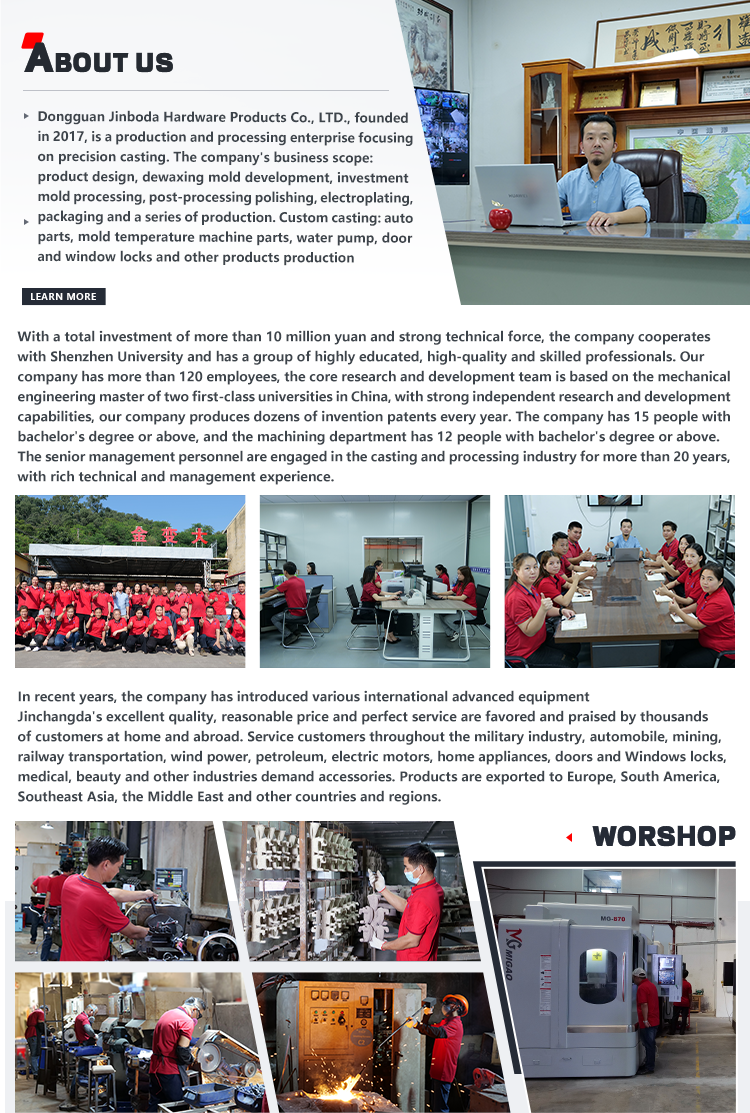




Introduction
Precision casting is a vital manufacturing process that has revolutionized the production of mechanical parts. It offers unique advantages over traditional machining methods, allowing for the creation of high - quality components with complex geometries and excellent material properties.
Complex Geometries
One of the most significant applications of precision casting in mechanical part production is the ability to fabricate parts with intricate shapes. For example, turbine blades used in jet engines have complex airfoil geometries. Precision casting can reproduce these shapes with high accuracy. The casting process allows for the formation of internal cooling channels and complex contours that are essential for the blade's performance. These shapes would be extremely difficult and expensive to produce through conventional machining, as it would involve a large amount of material removal and complex tooling.
Another example is the production of gear housings. The internal structure of a gear housing often requires complex cavities and passages to house gears, shafts, and lubrication systems. Precision casting enables the creation of these complex geometries in a single piece, reducing the need for multiple parts and assembly operations. This not only simplifies the manufacturing process but also improves the overall reliability of the mechanical system.





















